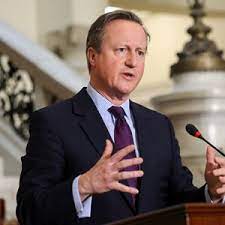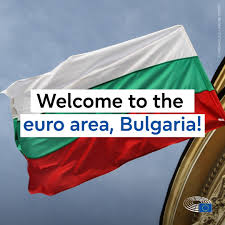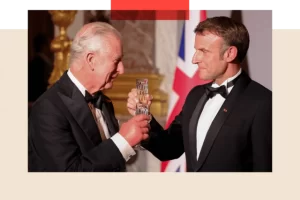UK: Foreign Affairs Committee launches inquiry into multilaterals

London: The Foreign Affairs Committee on Friday launches its inquiry into International Relations within the Multilateral System. The inquiry will look at how a broad range of countries are using multilateral organisations, be that through engagement and influencing, working around them or obstruction.
The inquiry will ask how key countries – such as India and Brazil – view their role within the multilateral system and what this means for the UK’s effectiveness within these institutions.
The inquiry will examine the emergence of “minilaterals” – regional or issues-based groups of “like-minded” or “like-interested” countries, such as BRICS and the Quad – and ask whether more are needed to fill gaps in the rules based international order.
It will ask how UK diplomacy can increase the perceived relevance and legitimacy of multilateral institutions, and whether enough progress has been made in strengthening multilaterals, such as Interpol and OSCE.
This inquiry follows on from the Committee’s 2021 report “In the room: the UK’s role in multilateral diplomacy”, which concluded that autocratic states were attempting to aggressively co-opt strategically important multilateral organisations and to fundamentally redefine their founding principles.
Chair of the Foreign Affairs Committee, Alicia Kearns MP, said: “The past few years have brought multiple global challenges: the COVID-19 pandemic, the climate crisis, Russia’s renewed illegal invasion of Ukraine, and, most recently, the conflict between Israel and Hamas. The coming year will see key elections around the world as well as significant challenges around conflict and climate change. Global challenges require a global response, yet the rules based international order has been continuously tested.
“The geopolitical landscape has changed considerably and the way that countries interact within multilaterals has shifted. We’ve seen attempts to subvert and undermine the existing multilateral institutions and rival systems set up, in order to challenge the perceived dominance of the West. But we have also seen ‘minilaterals’ step in to deal more quickly and effectively with regional issues.
“This inquiry will ask what the future holds from multilateral institutions, including whether new multilaterals, with a focus on regions and specific issues, are needed. It will ask whether existing multilaterals will retain their relevance in the face of corrosive actors and international challenges.”





